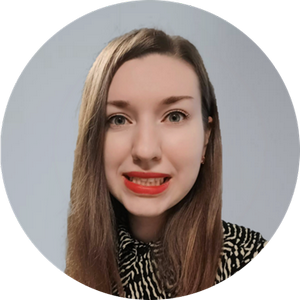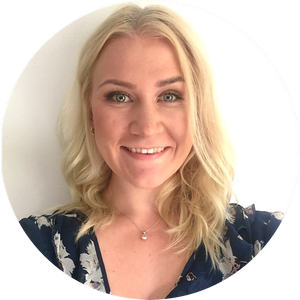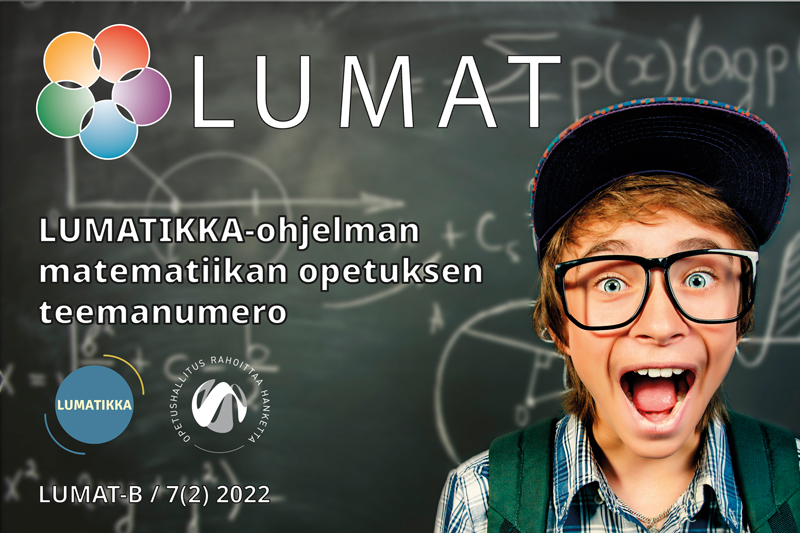Editorial
Introduction to math inspiring LUMATIKKA-program
Keywords:
mathematics teaching, continuing education in mathematics, continuous learning, Massive Open Online CoursesAbstract
LUMATIKKA is a continuing education program during 2018–2022, funded by the Finnish National Agency for Education and coordinated by LUMA Centre Finland, for teachers of early childhood education, preschool education, primary education, and secondary education working with mathematics. The learner-centered, hands-on, and concrete contents of the program have reached thousands of teachers all over Finland, supporting the change of teaching following the latest curricula. The objective of theme number is to illustrate what continuous learning is all about. The editorial responds to this by presenting the journey of the project. First, the starting point of the program is given. Next, the contents and pedagogy of the program is covered. Although the program will end in 2022, the LUMA Center Finland will continue to meet the existing need to develop mathematics teaching – the future after the program will be clarified in conclusion.
Downloads
Published
How to Cite
Issue
Section
URN
License
Copyright (c) 2022 Alisa Uusi-Kilponen, Eveliina Hietakymi and Susanna Toikka

This work is licensed under a Creative Commons Attribution 4.0 International License.








